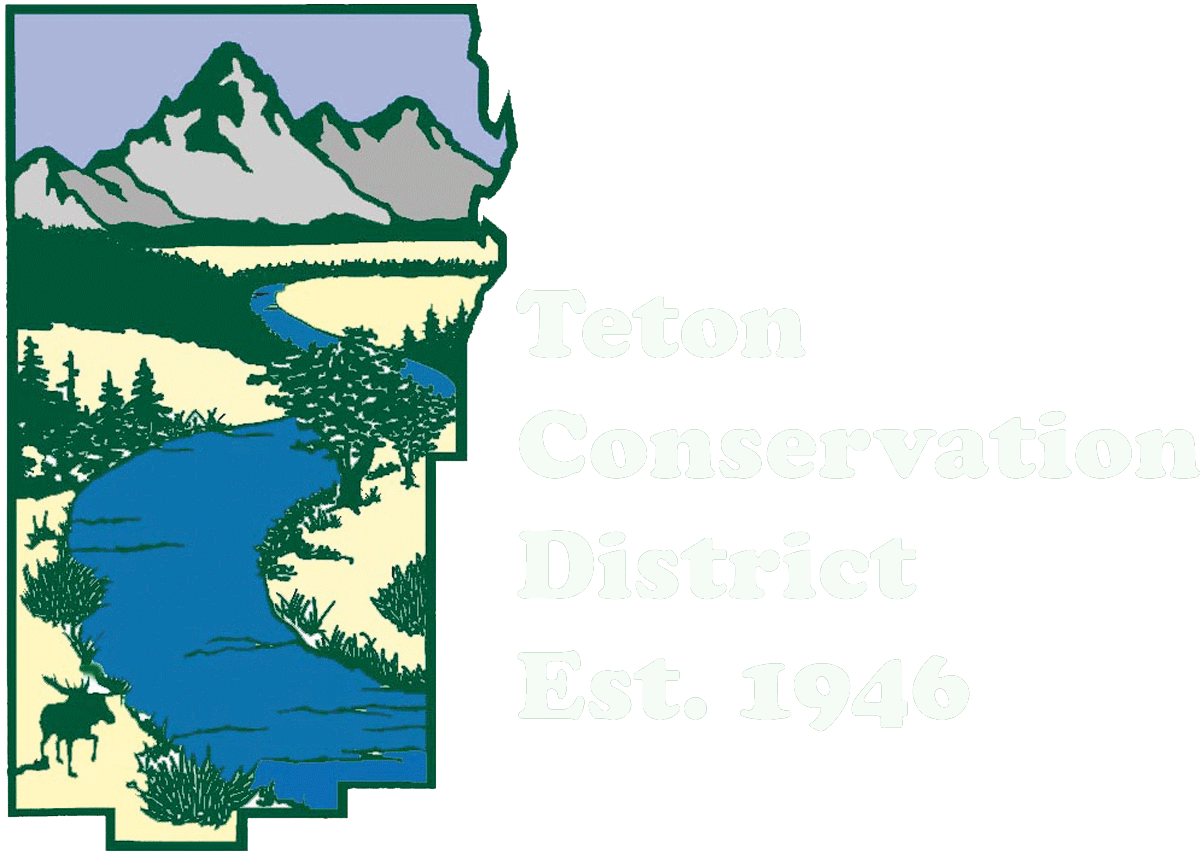Historic Aerial Imagery
Aerial imagery has traditionally only been available as contact prints and negatives. Technology, however, allows these formats to be transferred into a GIS or digital layer, where other data can be overlaid and analyzed, which makes seeing changes that have happened over years easy.
In an effort to make historic aerial imagery accessible to a wider audience, TCD embarked on project to convert original aerial imagery of Teton County into Geographic Information System (GIS) layers. The photogrammetric services provided by Aero-Graphics Inc. made it possible to scan, orthorectify, and georeference negatives and prints to put them into a format that made conversion possible. The project was successfully completed in 2013, converting imagery of the county from every 10 year period into GIS layers, which were then added to the Teton County GIS Hub: Ownership App . GIS imagery was produced for the following years:
Historic aerial imagery provides valuable context for describing landscape change over time.
1945 Greyscale 2 ft. / pixel
1955 Greyscale 1 ft. / pixel
1967 Greyscale 1 ft. / pixel
1977 Color 1 ft. / pixel
1978 Greyscale 3 ft. / pixel
1983 Infrared 3 ft. / pixel
1989 Infrared 3 ft. / pixel
The produced imagery is available in several formats:
Imagery can be downloaded here. Both indexes and individual tiles are available. These files are large and may be slow to download. Typically, they are used with GIS, CAD, or other professional software.
Teton County GIS Hub: Ownership App. This app allows capacity such as measuring acreage of an area, or viewing imagery along with property boundaries and zoning boundaries.
Contact morgan<at>tetonconservation.org with questions.
Future imagery projects
Teton Conservation District is continuously searching for additional aerial imagery, and is regularly improving existing data sets.
Sources of this imagery include National Archives and Records Administration (NARA) in College Park, Maryland, the United States Department of Agriculture- Farm Service Agency Aerial Photography Field Office (USDA-FSA APFO) in Salt Lake City, and the Western Archeological and Conservation Center of the National Park Service.
Project partners include Grand Teton National Park, Bridger-Teton National Forest, Region 4 of the USFS, Grand Teton Association, Teton County, WY, and the National Elk Refuge.
Teton Conservation District grants free and unrestricted use of the data on this site, but prohibits resale of the data.



